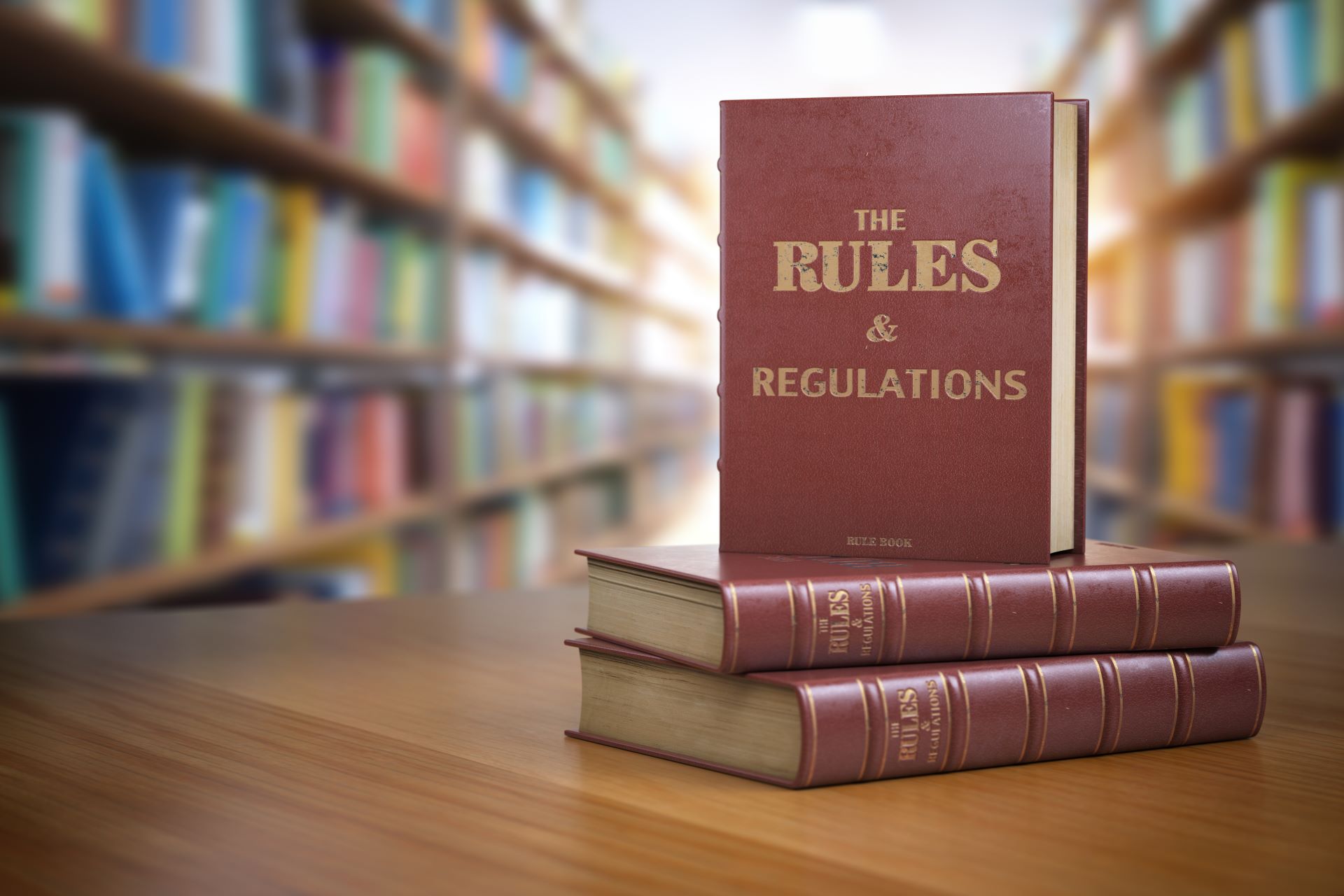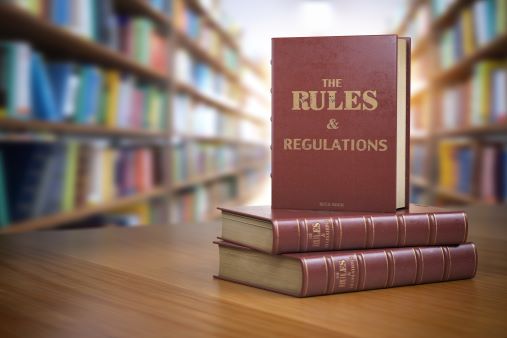From social media policies to positive workplace environment statements to non-employee access to company property procedures, the National Labor Relations Board (NLRB) - under the prior presidential administration - struck down numerous company personnel policies in recent years on grounds they “chilled” employees’ ability to engage in protected activity under the National Labor Relations Act (NLRA).
The board generally cited Section 7 of the NLRA as support for its positions, which protects employees engaging in “concerted activity” for “mutual aid and protection.” The agency had been construing this language very broadly, which, again, resulted in countless companies’ – both union and non-union – having many routine employment policies being found to be unlawful. Employers received welcomed news in Dec. 2017 when the Trump board announced the agency was altering the approach the agency would be taking with respect to evaluating company personnel policies. Specifically, in The Boeing Co. case, the agency explained that it will now consider whether a company had valid justifications for a personnel policy at issue when evaluating it under the NLRA in some circumstances – namely when the rule is “facially neutral” (i.e., not a per se violation of labor law).
That case also explained that there would be certain personnel policies that generally always are lawful to have and others that remain unlawful. On June 6, NLRB General Counsel Peter Robb followed up on the Boeing case with a memo detailing how the agency’s approach to evaluation of employer personnel policies has changed. For example, he explained that while the prior NLRB often found “civility” rules for the workplace to be unlawful, under the new standard, those rules generally should be upheld.
That is just one of many examples and explanations the memo provides, as it is packed with helpful information for employers on the handbook policy front. Accordingly, companies should strongly consider reviewing this memo in its entirety to evaluate whether potentially advantageous changes can be made to their existing policies (especially if an employer changed some of its policies based on precedent from the prior board).














